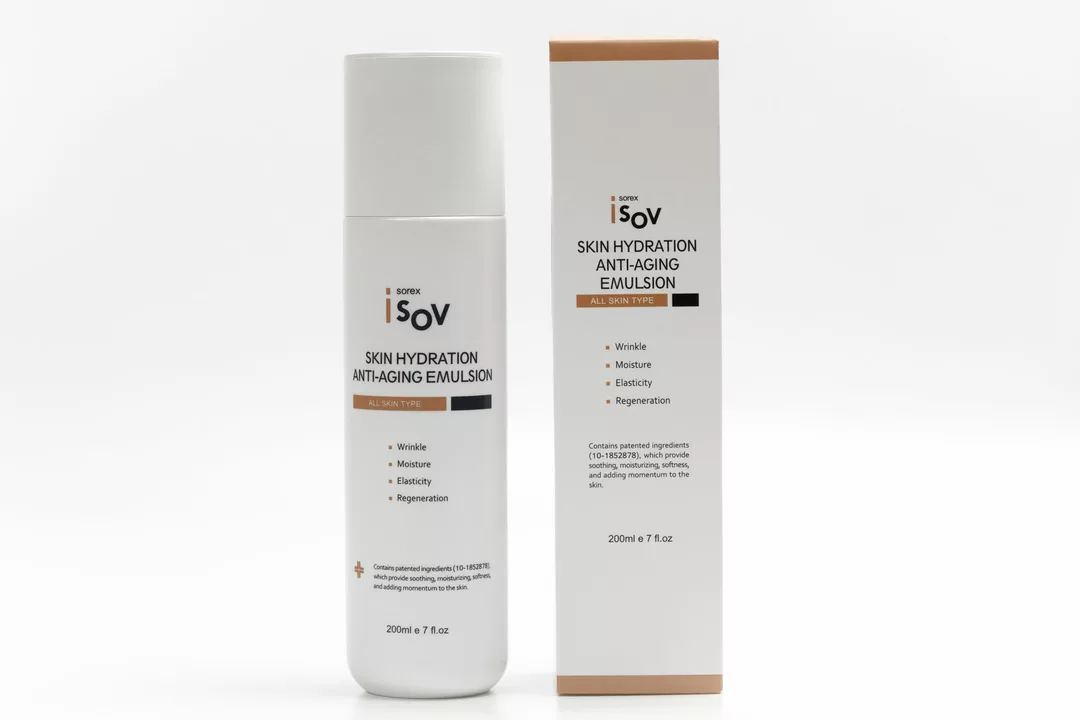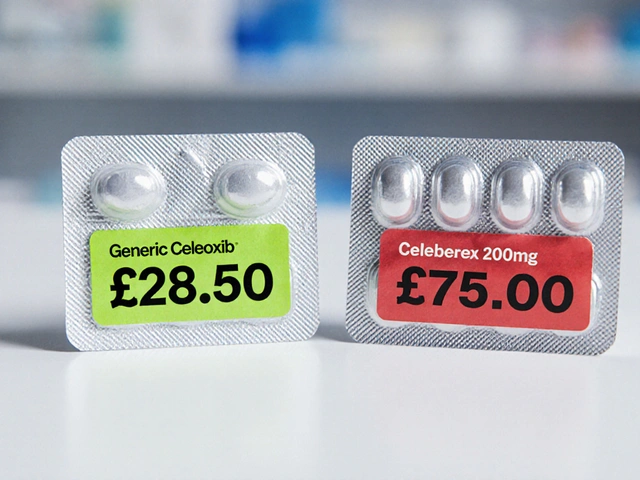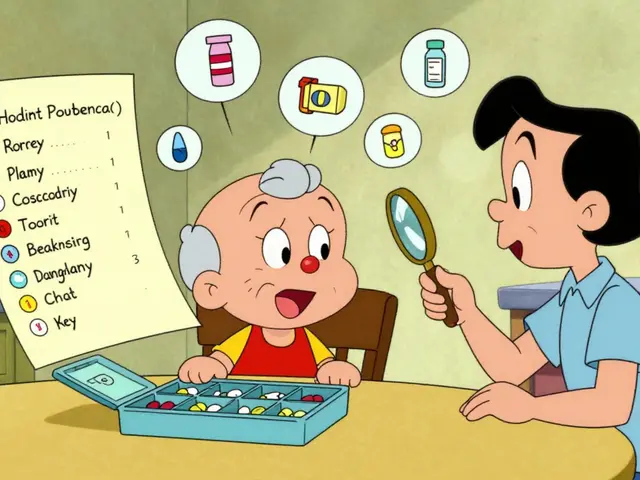Hydration: Practical tips, medication effects, and skin care
Dehydration can hit quietly — losing just 1–2% of your body water affects mood, focus, and energy. This page collects useful, no-nonsense advice about staying hydrated, how common meds change fluid balance, and what to do about sweat-related skin issues like jock itch.
How medications change your fluid balance
Some drugs make you pee more. Diuretics, including hydrochlorothiazide (found in Hyzaar), help control blood pressure but raise the risk of dehydration and low electrolytes. If you’re on a combo like losartan‑hydrochlorothiazide, expect more frequent urination and a need to watch fluid and salt intake. Talk to your doctor about dose timing — taking diuretics in the morning limits nighttime trips to the bathroom.
Other meds can blunt thirst or change sweating. Older adults often take multiple prescriptions, which increases the chance of side effects that affect hydration. If you feel lightheaded, dizzy, unusually tired, or have muscle cramps after starting a medicine, check with your prescriber — they might adjust the dose or suggest electrolyte monitoring.
Simple, everyday hydration fixes
Drink regularly, not just when thirsty. A rough guide is sipping throughout the day — aim for steady intake rather than chugging large amounts once. If you sweat a lot during exercise or heat, replace sodium and potassium too; low-sugar electrolyte drinks or an oral rehydration solution work better than plain water for heavy sweat losses.
Watch your urine color: pale yellow usually means OK; dark yellow signals you need fluids. For seniors, set reminders, keep a water bottle nearby, and check daily fluid totals. If someone uses a diuretic, measure weight and urine output and report sudden drops or gains to a clinician.
Sweat and clothing matter. Moisture-trapping fabrics invite fungal rashes. Choose breathable, moisture-wicking fabrics for workouts, change out of damp clothes fast, and wash gym gear often. If groin rash or itching appears, see the jock itch guide for fabrics and laundry tips that help clear and prevent recurrence.
If you have chronic conditions (heart failure, kidney disease, or certain endocrine problems), follow specific fluid rules from your healthcare team — sometimes you should limit fluids, and other times you should drink more. Never change fluid limits on your own.
Know red flags: fainting, very low urine output, very fast heartbeat, severe confusion, or seizures need urgent care. Mild dehydration clears with fluids and rest; severe cases require medical treatment and electrolyte correction.
Quick checklist: sip water all day, add electrolytes when sweating heavily, pick breathable clothes, review meds with your doctor, and watch urine color. Small habits make a big difference — and a few changes can stop dehydration before it starts.




